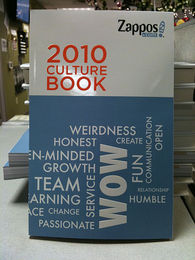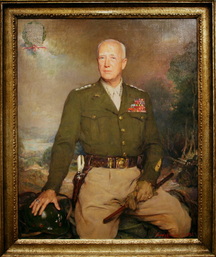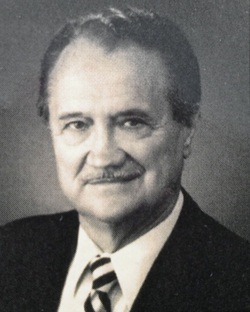
Discussions of transparent leaders have been more common in popular management literature than in the academic literature. My research did not find any scholarly peer-reviewed studies about transparency and leadership.
Blogging in 2009 Colleen J. Payne-Nabors defined transparency as “the ability to clearly see the relationship between oneself and one’s environment. Transparent leaders know their strengths and weakness but, above all, know who they are and how their actions impact the actions of others.” She listed five characteristics of transparent leaders. Here is her list on being a transparent leader, with my thoughts:
1. “Share Information.”
Not always easy. There are some aspects of leading that require confidentiality, sometimes legally required. I think the key is creating a culture of trust where leaders can share most of what is happening, where the organization is going, how we plan to get there. My consulting experience has been that most employees want to know a lot more than their leaders are typically sharing. Knowing the big picture may be helpful in the trenches in ways leaders may not foresee.
2. “Convey Your Principles and Beliefs.”
Interesting in that some who have achieved significant organizational influence may not have thought this one through. I have an acquaintance who, in reflecting back at his early career and decisions in his corporate positions now has regrets. He now clearly can convey his principles and beliefs – but he could not then. To convey your principles and beliefs, you have to know what they are. That takes time for reflection and self-examination.
3. “Be Trustworthy and Reliable.”
First point of the Boy Scout law. A Scout is trustworthy. I think there is a reason it is number one. To lead a culture where trust is a value, one must be trustworthy, consistently trustworthy.
In The Transparent Leader: How to Build a Great Company through Straight Talk, Openness, and Accountability, Herb Baum wrote:
“I think America is tired. Tired of seeing dishonest people run companies and be rewarded for doing it. Tired of seeing the little guy trounced on and tired of hearing about CEOs who earn millions more than their average employee.” (p.178)
Even more true today, in my opinion, than in 2004 when Baum published.
4. “Listen to Your Inner Voice”
This speaks to confidence and knowing who you are. And taking the time to hear and heed the inner voice.
5. Admit When You are Wrong and Learn from It
Over the years my students have conducted hundreds of interviews on decision-making, a course assignment by which to learn aspects of business research. Consistently at all levels most managers interviewed state that you must admit when you are wrong and correct. To not do so would usually be shortsighted. My guess is that if you exhibit the other four behaviors, this one will be second nature.
Image from http://www.flickr.com/photos/61023128@N08/5553412207/
Used with permission: http://creativecommons.org/licenses/by-sa/2.0/deed.en
© John Ballard, PhD, 2012. All rights reserved.



 RSS Feed
RSS Feed